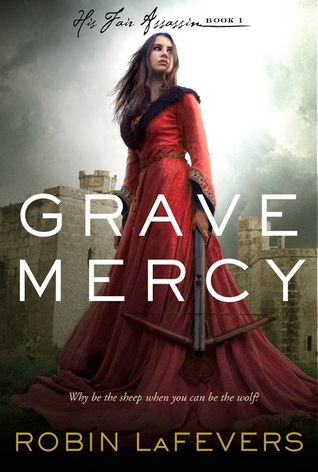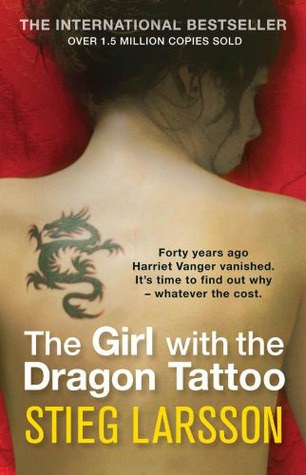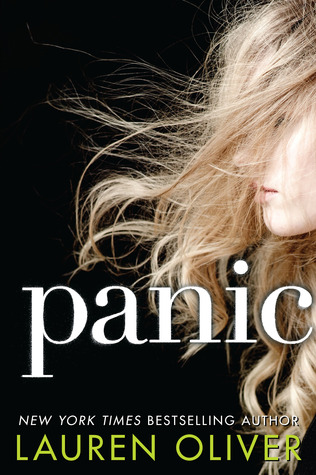Review: Here Comes the Sun by Nicole Dennis-Benn

Jamaica? No, she wanted to.
This is possibly the grittiest and most "literary" book I'll read this year. I mean it. It's the kind of book you study in high school and hate, but read on your own and love. It's one powerful piece of writing, and it reminded me of The Color Purple but even bleaker.
Here Comes the Sun is set in Jamaica in 1994. The basic plot is a queer, black woman (Margot) trying to build a better life for herself and her loved ones. This involves working for a posh, white hotel owner and prostituting herself.
It's a character-based novel written in the third person, present tense (my favourite) and switches POVs between Margot, her secret lover (Verdene), her sister (Thandi), and her mother (Delores). All four are very flawed and complex, and they feel real. I thought Thandi and Delores were interesting, but I was much more invested in Margot and Verdene's lives. They're opposites in some ways but similar in others, and their relationship is pretty complicated.
One interesting feature of this book is the dialogue, which is written phonetically/in the Jamaican dialect. This gives the setting and characters authenticity, but I struggled to understand a few of the words and phrases. I got the gist of what they were saying, though.
I enjoyed the writing style. The non-dialogue parts are quite sophisticated and flow well, and I could picture the setting in my head. It made me want to go to Jamaica and see what it's like for myself, the good and the bad.
I liked the idea that this island we think of as paradise is really not. The book deals with some horrible themes: poverty, racism, rape, homophobia, forced prostitution... It's not for the faint-hearted. But, as I said, it makes an interesting contrast with the island setting.
Remember I said this book is bleak? Yep. It doesn't have a happy ending. Margot achieves her goal of having money and owning her own big house, but she loses everyone. It's a warning to be careful what you wish for. I don't blame Margot for her ambition - she just wants to exit the cycle of poverty - but the way she goes about it is unethical and she betrays her family and her lover. The book ends on a bitter note.
Overall, I really enjoyed Here Comes the Sun. (Well, "enjoyed" is a bit strong for such a dark book...) If you're interested in reading about Jamaica or just want to read something that's not set in the UK/US/Australia, this might be worth a try. If you're looking for something gritty with queer women of colour as two of the main characters, I definitely recommend this one.
Here Comes the Sun is set in Jamaica in 1994. The basic plot is a queer, black woman (Margot) trying to build a better life for herself and her loved ones. This involves working for a posh, white hotel owner and prostituting herself.
It's a character-based novel written in the third person, present tense (my favourite) and switches POVs between Margot, her secret lover (Verdene), her sister (Thandi), and her mother (Delores). All four are very flawed and complex, and they feel real. I thought Thandi and Delores were interesting, but I was much more invested in Margot and Verdene's lives. They're opposites in some ways but similar in others, and their relationship is pretty complicated.
One interesting feature of this book is the dialogue, which is written phonetically/in the Jamaican dialect. This gives the setting and characters authenticity, but I struggled to understand a few of the words and phrases. I got the gist of what they were saying, though.
I enjoyed the writing style. The non-dialogue parts are quite sophisticated and flow well, and I could picture the setting in my head. It made me want to go to Jamaica and see what it's like for myself, the good and the bad.
I liked the idea that this island we think of as paradise is really not. The book deals with some horrible themes: poverty, racism, rape, homophobia, forced prostitution... It's not for the faint-hearted. But, as I said, it makes an interesting contrast with the island setting.
Remember I said this book is bleak? Yep. It doesn't have a happy ending. Margot achieves her goal of having money and owning her own big house, but she loses everyone. It's a warning to be careful what you wish for. I don't blame Margot for her ambition - she just wants to exit the cycle of poverty - but the way she goes about it is unethical and she betrays her family and her lover. The book ends on a bitter note.
Overall, I really enjoyed Here Comes the Sun. (Well, "enjoyed" is a bit strong for such a dark book...) If you're interested in reading about Jamaica or just want to read something that's not set in the UK/US/Australia, this might be worth a try. If you're looking for something gritty with queer women of colour as two of the main characters, I definitely recommend this one.
Summary
Capturing the distinct rhythms of Jamaican life and dialect, Nicole Dennis-Benn pens a tender hymn to a world hidden among pristine beaches and the wide expanse of turquoise seas.
At an opulent resort in Montego Bay, Margot hustles to send her younger sister, Thandi, to school. Taught as a girl to trade her sexuality for survival, Margot is ruthlessly determined to shield Thandi from the same fate. When plans for a new hotel threaten their village, Margot sees not only an opportunity for her own financial independence but also perhaps a chance to admit a shocking secret: her forbidden love for another woman. As they face the impending destruction of their community, each woman—fighting to balance the burdens she shoulders with the freedom she craves—must confront long-hidden scars.























